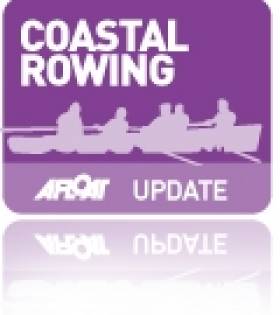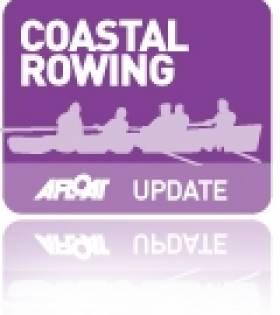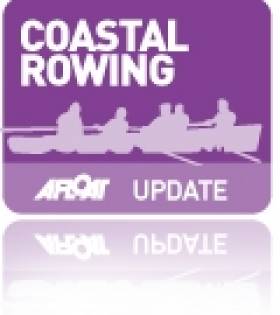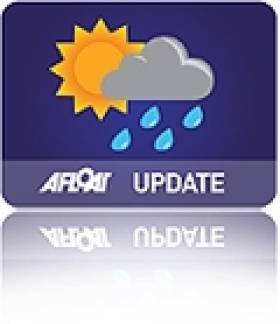Displaying items by tag: Morocco
Irishmen Break Ocean Speed Record (and Podcast!)
The Sara G, with Irishmen Rob Byrne and Adam Burke making up a third of the crew, set a new world record today by becoming the fastest boat in the history of ocean rowing.
They rowed the long route across the Atlantic from Morocco to Barbados in 33 days 21 hours and 46 minutes, setting the fastest average speed for the crossing. Less than a day before, Hallin Marine had set a record for rowing the Atlantic east-west of 31 days 23 hours and 31 minutes, but they had crossed from the Canaries to Barbados, a shorter journey.
The Ocean Rowing Society, which is the record keeper for ocean rowing, is set to grant the Sara G the Ocean Rowing Blue Riband trophy for their row.
The crew was Matt Craughwell and Dr Graham Carlin from England, Byrne and Burke from Ireland, Thomas Cremona of Malta and Fiann Paul from
Iceland.
Listen in to a podcast from Barbados with Rob Byrne and Irish Times Rowing Correspondent Liam Gorman.
Rowers Pass Halfway Point in Atlantic Record Attempt
The Sara G and her crew are less than 1,000 miles from Barbados in their attempt to break the world record for the fastest Alantic crossing by an ocean rowing boat.
As previously reported by Afloat.ie, the six-man crew - featuring Irishmen Adam Langton Burke and Rob Byrne - set out from Morocco on 5 January.
And there is already some cause for celebration, as perfect conditions along the route so far have helped the team break another record - that of 10 consecutive days of more than 100 rowed each day.
Click HERE to track the crew's live progress across the Altantic.
Ocean Rowers Begin Atlantic Record Attempt
The crew of the Sara G have begun their latest attempt on the world record for the fastest crossing of the Atlantic by an ocean rowing boat.
The six-man crew - skippered by Sara G owner Matt Craughwell and featuring Irishmen Adam Langton Burke from Skerries and Bray native Rob Byrne - set off from Tarfaya in Morocco on Wednesday afternoon, headed for Barbados.
The 11.1m boat has a storied history, smashing the record for the fastest row across the Tasman Sea from New Zealand to Australia with its previous owner Steven Gates.
Last year the Sara G crossed the Atlantic for the first time from Agadir to Barbados in 57 days, 20 hours. This year's crew must beat a time of 38 days, 1 hour and 22 minutes to take the record held by Team La Mondiale since 2008.
Rowing southwest to take advantage of the trade winds, the Sara G is presently off the coast of north-west Africa near the Canary Islands.
Click HERE to track the crew's live progress across the Atlantic.
Emergency Salt Shipments Supplies Due To Arrive
Two vessels, the CSL Prospect and Olivia are heading for the Port of Cork with a combined cargo of 11,500 tonnes of salt. In the meantime councils are coping with rapidly dwindling supplies to keep the main roads gritted over the weekend. If the councils fail to ration supplies, the authorities will quickly run out of salt, sparking a crisis for motorists. For more on this story click here.
The Port of Cork added that these salt-shipments will continue beyond next week. In addition to next weeks delivery, more vessels will be calling to the port, bringing in total 35,000 tonnes of salt over the next few weeks.
According to weather forecasts, there will be significant accumulations of snow expected in most parts of the country. Up to 10cm of snow may fall over the next few days. For information on the latest weather updates logon to www.met.ie/forecasts/
































































